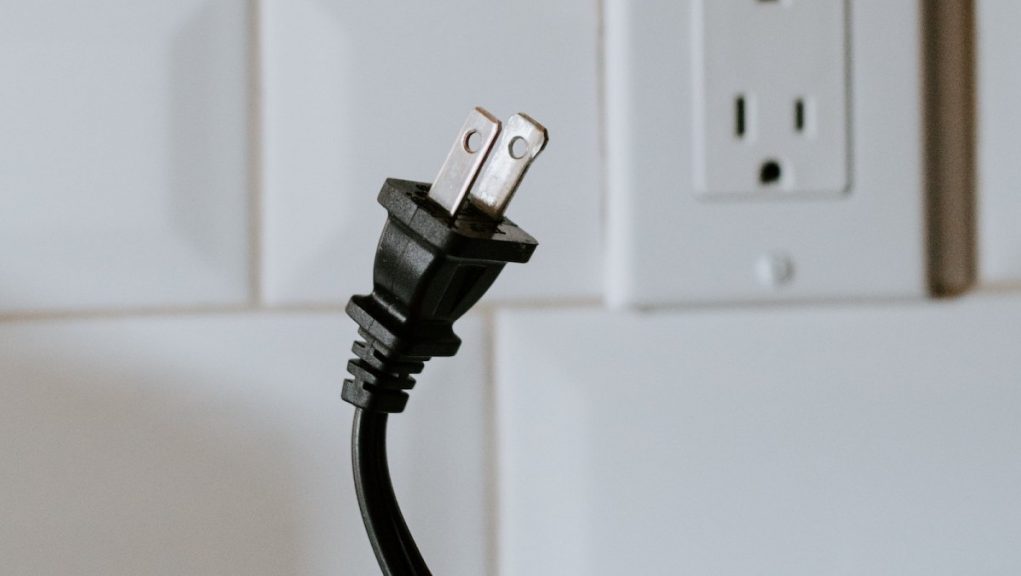Don’t miss out on the chance to join top executives in San Francisco on July 11-12 and learn how to integrate and optimize AI investments for success! Find out more
Organizations considering replacing human customer support employees with chatbots should take note of the cautionary tale of the National Eating Disorder Association (NEDA). As reported by The Daily Dot and Vice, NEDA planned to discontinue its 20-year-old helpline for those seeking assistance with eating disorders and body image issues, and replace it with a “wellness chatbot” called Tessa. However, the move to replace human staff with Tessa caused controversy, with some claiming that a chatbot cannot replace human interaction.
Join us in San Francisco to learn how to integrate AI investments for success
NEDA’s CEO, Liz Thompson, clarified that Tessa was never intended to replace the helpline, and that the decision to close it had been made for business reasons. However, reports of harmful responses from Tessa have raised concerns. Weight-inclusive consultant Sharon Maxwell claimed on Instagram that Tessa had given her advice that could cause harm, including for restrictive dieting. This highlights the importance of considering the limitations of chatbots and the need for human interaction in certain situations.




















